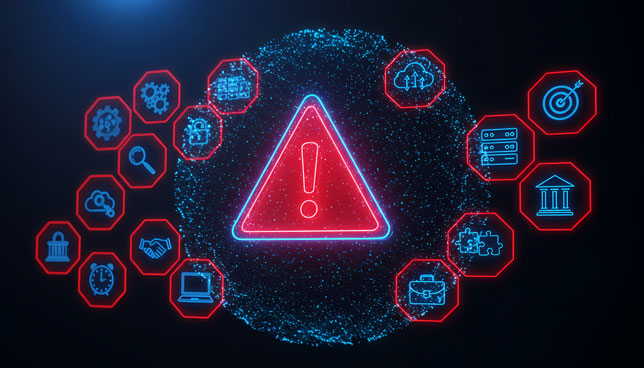K-12 Technology News
Here you'll find the latest news from the education technology world, from the newest hardware and software releases to policy and funding updates to research reports to school and district tech initiatives. Looking for more in-depth coverage of important topics? Be sure to visit our Features page.

Anthropic recently launched a multi-million dollar Super Bowl advertising campaign criticizing OpenAI's decision to start showing ads within ChatGPT.

Snowflake and OpenAI have announced a multi-year, $200 million partnership that will make OpenAI models available on Snowflake's platform.

Microsoft has launched a new toolkit for educators and IT teams designed to provide practical cybersecurity guidance tailored to the education sector.

Google and Khan Academy recently announced a partnership that will integrate Gemini into the latter's suite of writing and literacy tools.

Ransomware attacks continued to climb in 2025 as attackers increasingly timed operations around year-end staffing gaps and shifted away from traditional file encryption, according to a new report from NordStellar.

Microsoft has introduced Elevate for Educators, a new program designed to "provide educators and school leaders with access to a global community, professional development, and resources to confidently integrate AI into teaching and learning."

Ransomware attacks across the globe increased by 32% in 2025 — but in the education sector, attacks appeared to plateau, according to the latest research from Comparitech.

Apple and Google have embarked on a multiyear partnership that will put Google's Gemini models and cloud technology at the core of the next generation of Apple Foundation Models, a move that could help Apple accelerate long-promised upgrades to Siri while handing Google a high-profile distribution win on the iPhone.

The Northwest Evaluation Association (NWEA), a K–12 assessment and research organization, recently announced the release of a new playbook for schools and communities recovering from extreme weather events.

AI-based cybersecurity firm CrowdStrike has signed a definitive agreement to acquire identity security firm SGNL in a deal valued at approximately $740 million.